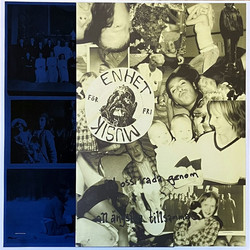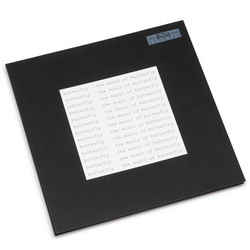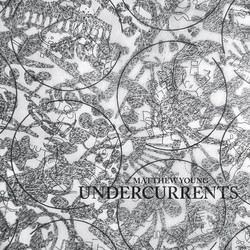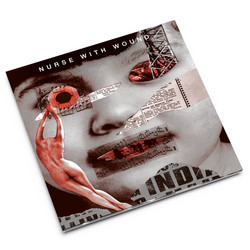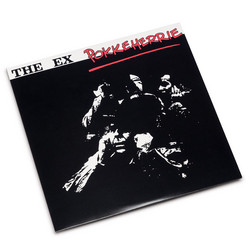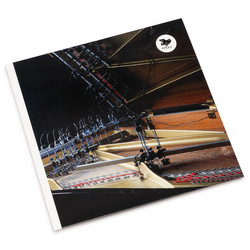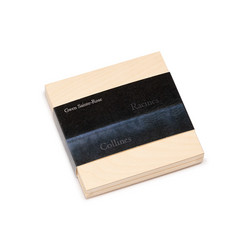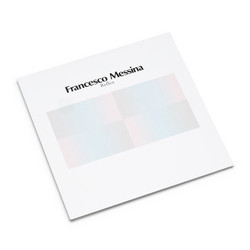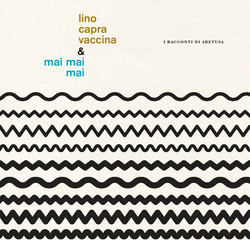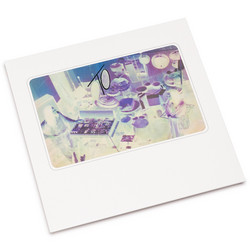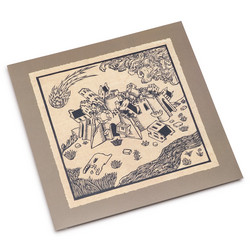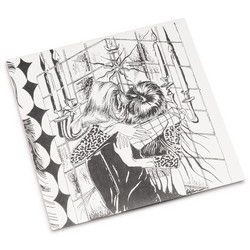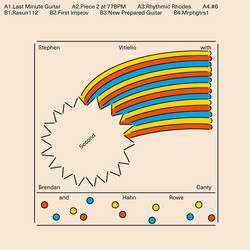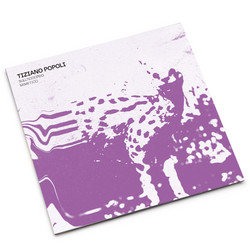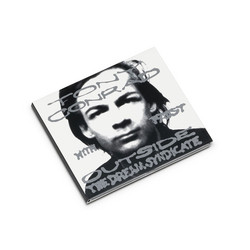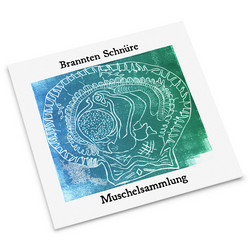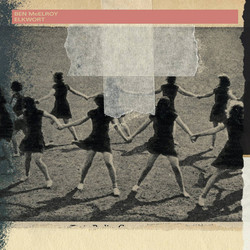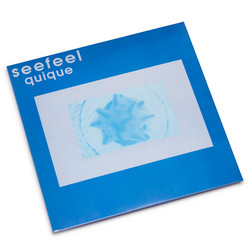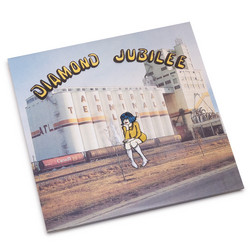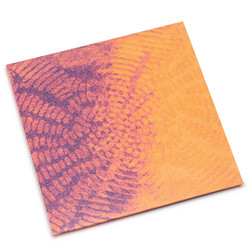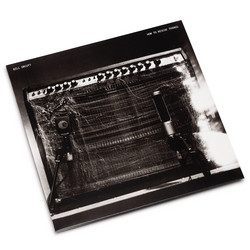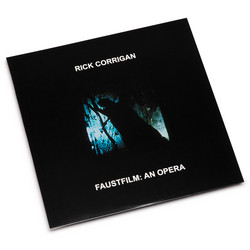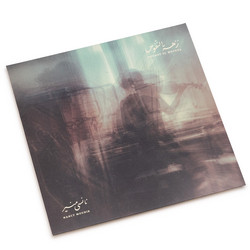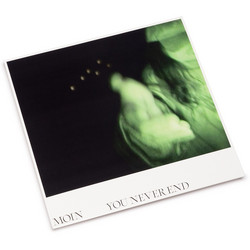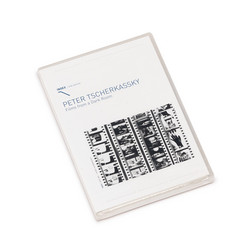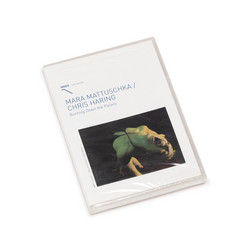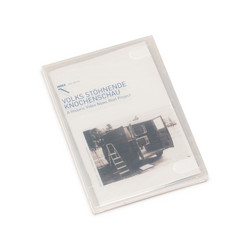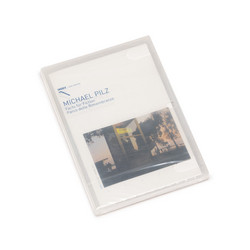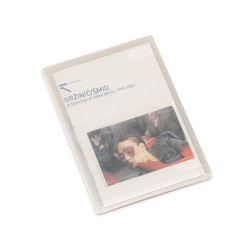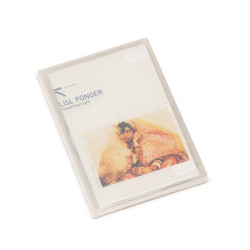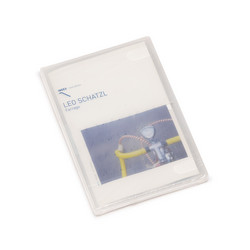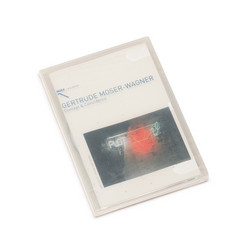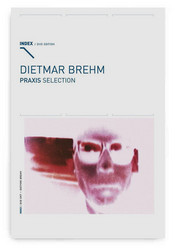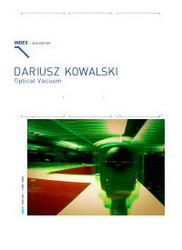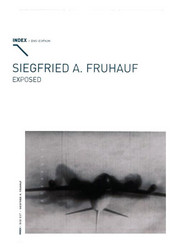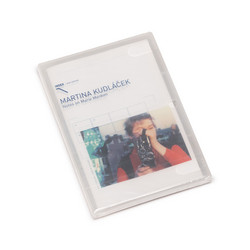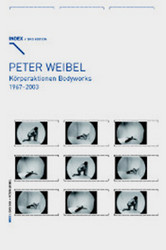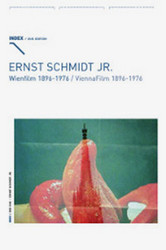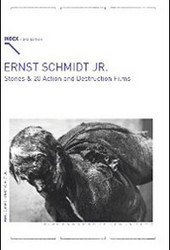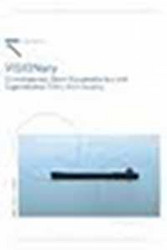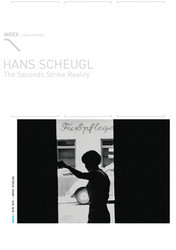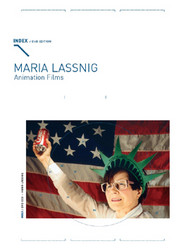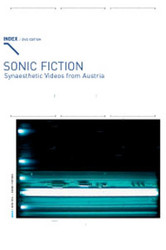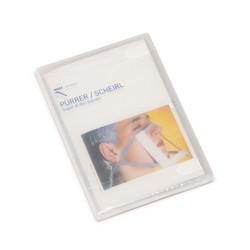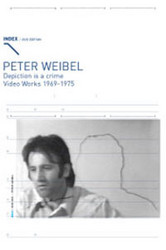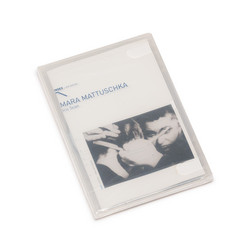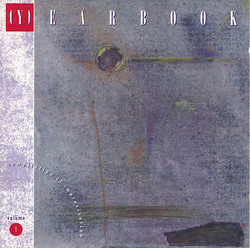Approaching the Exquisite Corpus was an alternative title we considered for this DVD release. It would have indicated how the films introduced here from my early Super 8 phase already evidence an artistically consistent path leading to my most recent production to date, The Exquisite Corpus, and highlighted my endeavor since the 1980s to make the specific qualities of the analog film medium sensuously tangible in the form of "exquisite ecstasies". No matter how various the imagery of Blood-Letting, Film of Love, Holiday Film, tabula rasa or The Exquisite Corpus, each of these films crystalizes an essential impulse at the heart of my entire artistic work: to expose the utterly distinct nature of analog film in all its unique beauty, a potential and vision neither available nor transferrable to any other medium. - Peter Tscherkassky
A dream narrative of a sleeping beauty a nudist found unconscious on a beach intertwining different films, different bodies, caresses, screams of shock and cries of ardour, The Exquisite Corpus works to collapse the line between the filmed body, Tscherkassky’s nudes in search of each other and of satisfaction, and the film body, the celluloid that has captured these bodies, the celluloid Tscherkassky meticulously manipulates in his darkroom. Such darkroom magic teases and exposes the film itself, frames layered on one another, images masked and unmasked, perforations and flung celluloid strips playing their own game of seduction and consummation somehow at once on top of and within the choice (s)excerpts. This is where Tscherkassky’s love for celluloid is wedded to his source films´ love for flesh, where the pathways to climax narrative and sexual are built from the same component parts of mystery, attraction, rhythm, repetition, variation, new sensations, and ecstasy. - Daniel Kasman
DVD Extra: 24 pages booklet, bilingual English-German: En Route To The Exquisite Corpus by Peter Tscherkassky
Peter Tscherkassky
Born in 1958 in Vienna. Started filmmaking in 1979. Tscherkassky earned his PhD. in philosophy in 1986 with ?a dissertation entitled “Film as Art”, and started teaching in 1989. Since 1984 he has published numerous essays on avant-garde film and in 1995 co-edited the book “Peter Kubelka” (with Gabriele Jutz). In 1991 he ?co-founded “sixpackfilm”. In 1993 and 1994 he was the artistic director of the national Austrian film festival “Diagonale”. Tscherkassky’s films have been honored with more than 50 awards including the Golden Gate Award (San Francisco), Main Prize at Oberhausen, and Best Short Film at the Venice Film Festival. 2005: World premiere of Instructions for A Light And Sound Machine at the Cannes Film Festival in the series ?“Quinzaine des réalisateurs”. 2005: Publication of the book “Peter Tscherkassky” (English/German), edited ?by Alex Horwath & Michael Loebenstein. Tscherkassky’s light box installations have been exhibited through-out the world, including a one-person show at the renowned Gallery naechst St. Stephan/Rosemarie Schwarz-waelder in Vienna. 2008: Lecture and world premiere of the original 35mm version of Parallel Space: Inter-View (1992) at the Louvre in Paris. 2010: World premiere of Coming Attractions at the Venice Film Festival (Premio Orizzonti Cortometraggio). 2012: Publication of the book “From a Dark Room. The Manufractured ?Cinema of Peter Tscherkassky/Desde el cuarto oscuro. El cine manufracturado de Peter Tscherkassky” [English/Spanish], edited by Maximiliano Cruz & Sandra Gómez. Editor of the book “Film Unframed: A History of Austrian Avant-Garde Cinema” (Vienna 2012). In the 2012 ranking of the “Greatest Films of All Time,” published every ten years by the BFI film magazine “Sight & Sound,” Outer Space was honored with the rank-?ing of position #322 (Filmmakers’ poll) and position #377 (Critics’ poll). Instructions for a Light and Sound Machine was honored with the ranking of position #894 (Critics’ poll). 2015: World premiere of The Exquisite Corpus at the Cannes Film Festival in the series “Quinzaine des réalisateurs” (Special Mention).
“Blood-Letting” (1981), “Film of Love” (1982), “Holiday Film” (1983), “Tabula Rasa” (1989), “The Exquisite Corpus” (2015).
